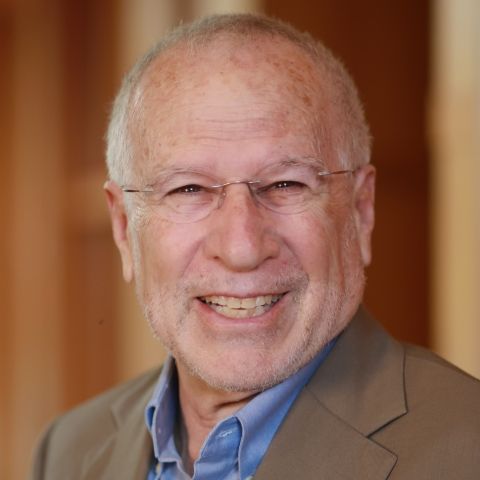
Out of Range: On Patently Uncovered Speech
In challenging the Supreme Court’s newly announced method of determining the coverage — and thus the boundaries — of the First Amendment, Genevieve Lakier demonstrates perceptively and effectively that some of the domains most widely discussed as being outside of the First Amendment’s coverage have long been understood to have First Amendment dimensions and implications.1 Obscenity, commercial speech, libel, and fighting words, for example, the subjects most commonly discussed as being, now or in the relatively recent past, uncovered by the First Amendment, are, she shows, topics that have for generations attracted First Amendment discourse and been the subject of First Amendment–inspired legal doctrines. Consequently, the idea that the permissibility of content-based regulation turns on the designation of speech as high value or low value is, she argues, historically and doctrinally mistaken. For the Supreme Court to use a historical test for the designation of categories of speech as high or low value, as the Court says it has done in its recent Stevens2 and Entertainment Merchants3 decisions, is to rely on bad history to produce mistaken constitutional doctrine.
I have no quarrel with Lakier’s impressive historical analysis, nor with her critique of the Stevens–Entertainment Merchants approach. But her conclusions seem less surprising, and even expected, once we recognize that she is focusing exclusively on cases and issues at or near the borders. Borderline cases of First Amendment coverage will display attributes of coverage and noncoverage, just as borderline cases of almost anything will display attributes lying on both sides of the border. But once we move away from the border, the duality of the attributes diminishes, and so it is with uncovered speech. The speech that is plainly and obviously uncovered — that by no stretch of the imagination has anything to do with the idea of freedom of speech — has been treated no differently historically than it is now, and there is little reason to believe that the existence of the borderline cases has much to say about the existence or implications of those domains that are well outside the range of First Amendment interest.